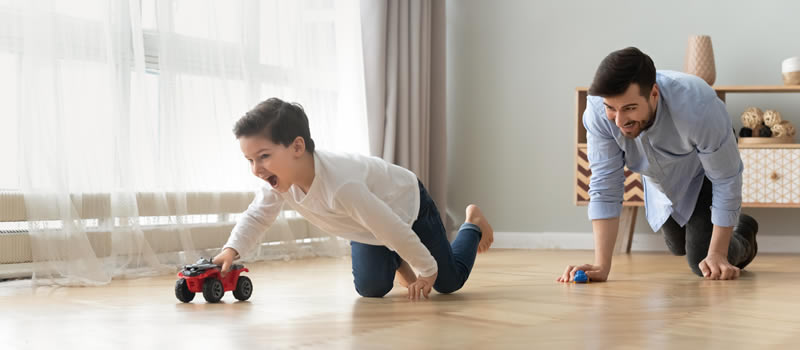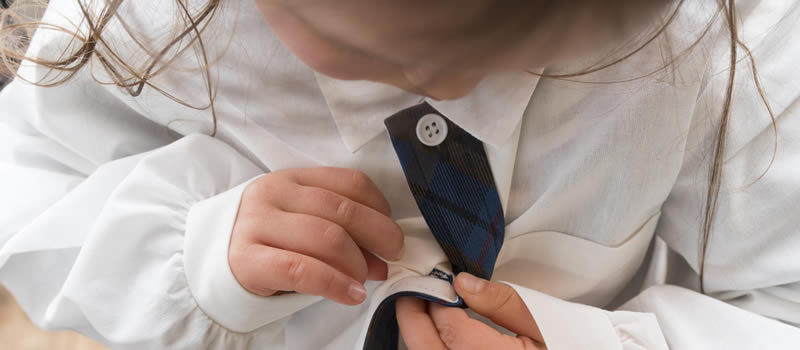Reading can be a wonderful daily routine opportunity for you and your child to connect. It’s a nice way to spend time together and help your child develop his listening and reading skills.
Did you know that when you sing to your baby you are actually helping him develop necessary skills to be a good reader later on? When you sing with your child, he will develop his listening skills and his auditory attention and both will help your child at a later stage to identify rhymes and sounds.
Reading involves many skills. One of the most important is identifying sounds; when he begins to recognize that each letter makes a sound. Recognizing rhymes is when he can tell that two words end with similar sounds, thus the importance of the all famous Dr. Suess. Gradually your child begins to blend or put together sounds to make words. Another key skill is segmenting or breaking down words into sounds. Once these skills are attained, he will start experimenting with his new found skills and change sounds to make new words. That’s not all! The end result is reading comprehension, the fact that we need to understand what we are reading.
Familiarize your toddler with pictures which you can read with lots of facial expressions and different voice tones. Reading the stories over and over will provide the opportunity for him to fill in the words he learned.
Books are not the only reading material. You can also develop his reading skills by reading the label on his favorite snack, and play “let’s find” where else we can read the same letter.
Sometimes, a child might have difficulty in pronouncing sounds, which might affect his reading skills. Other difficulties that a child might have and could affect his reading are his hearing and / or his auditory processing skills.
To find out if your child has good prerequisite reading skills, fill out ONESTI’s developmental screening checklist and set him on track to becoming a great reader!




